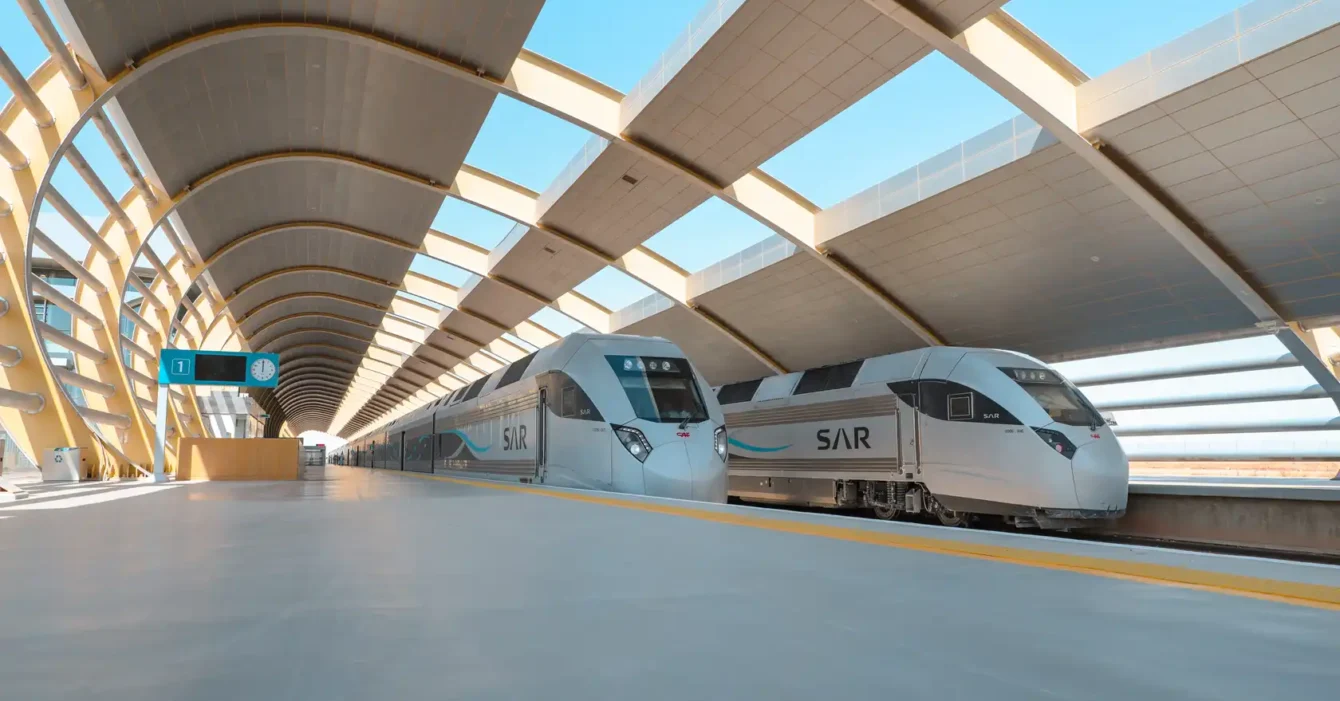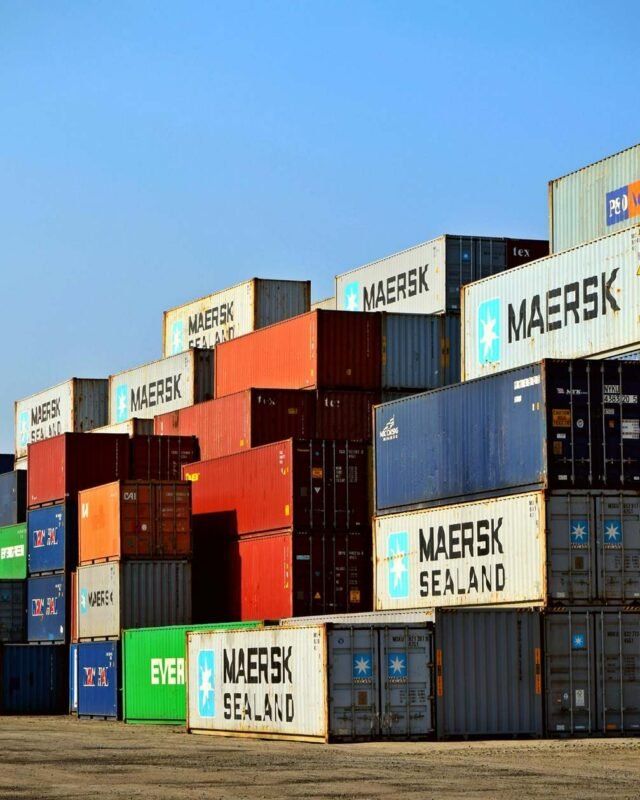Saudi Logistics Infrastructure Investments: Boosting Capacity, Resilience, and Efficiency
Saudi Arabia is making a landmark investment of SR10 billion to develop 18 new logistics zones, marking a transformative step in Saudi Logistics Infrastructure Investments. This move, part of Saudi Arabia’s Vision 2030, is set to revolutionize the Kingdom’s logistics landscape, enhancing capacity, improving supply chain resilience, and reducing operational bottlenecks.
The establishment of these new logistics zones aligns with the broader objectives of Vision 2030, aiming to diversify the economy and reduce reliance on oil revenues. By boosting logistics capacity, Saudi Arabia aims to position itself as a global logistics hub, bridging trade routes between Asia, Europe, and Africa. The integration of new technologies and innovative logistics solutions will ensure that these zones operate at peak efficiency, offering streamlined services and fostering a conducive environment for trade and investment.
Expanding Rail Connectivity
A significant highlight of this initiative is the expansion of the Saudi Railway Company’s (SAR) Northern Train network, with an investment exceeding SR5 billion. This expansion will not only improve connectivity within the Kingdom but also facilitate the movement of goods, particularly in the burgeoning mining sector. Enhanced rail connectivity will reduce transportation costs, minimize transit times, and mitigate the risks associated with road transport.
Additionally, the Saudi ports have achieved remarkable progress, adding 231.7 points in the maritime navigation network connectivity index as per the 2024 UNCTAD report. The introduction of 30 new shipping lines further underscores the commitment to enhancing maritime logistics. These developments will provide exporters with greater flexibility and more options for shipping routes, thereby boosting international trade.
Also Read: Meeting the Demands of a $24B Saudi E-commerce Boom by 2029
Synergy and Global Interest
The synergy between various stakeholders is evident from the 86 agreements signed on the first day of the Supply Chain and Logistics Conference in Riyadh. These agreements are aimed at enhancing supply chain performance, integrating transportation patterns, and raising the overall efficiency of logistics services. With 65 international and local companies participating, the conference highlights the global interest in Saudi Arabia’s logistics sector.
Moreover, the Kingdom recorded SR61 billion in exports from the re-export sector this year, reflecting a 23 percent growth compared to the previous year. This growth is attributed to the robust infrastructure and integration between relevant authorities, which have contributed to providing highly efficient services. Maaden, Saudi Arabia’s leading mining company, exported products worth SR7 billion, solidifying the Kingdom’s position as the fourth-largest global exporter of fertilizers, with ambitions to reach the top spot.
The conference also showcased Saudi Arabia’s efforts to create a sustainable logistics ecosystem by incorporating green logistics practices. By promoting the use of renewable energy sources, optimizing route planning to reduce carbon emissions, and encouraging the adoption of electric vehicles for last-mile delivery, the Kingdom aims to minimize the environmental impact of its logistics activities.
In addition to environmental sustainability, the logistics sector in Saudi Arabia is also focusing on technological advancements. The implementation of cutting-edge technologies such as artificial intelligence, blockchain, and the Internet of Things (IoT) is expected to revolutionize the way logistics operations are conducted. These technologies will enable real-time tracking of shipments, enhance inventory management, and improve overall supply chain visibility.
Empowering Women in the Logistics Sector
Furthermore, the creation of a platform to empower women in the logistics sector through training and development opportunities is a commendable initiative. This inclusive approach will harness the potential of a diverse workforce, driving innovation and growth within the sector. By providing women with the necessary skills and opportunities, Saudi Arabia is fostering a more equitable and dynamic logistics industry.
In conclusion, the Saudi Logistics Infrastructure Investments are poised to significantly enhance the Kingdom’s logistics capacity, improve supply chain resilience, and reduce operational bottlenecks. As Saudi Arabia continues to execute its Vision 2030, these strategic investments will bolster the Kingdom’s competitiveness on the global stage, fostering economic growth and sustainable development. With a focus on sustainability, technological innovation, and inclusivity, Saudi Arabia’s logistics sector is well-positioned to become a global leader in the industry.




